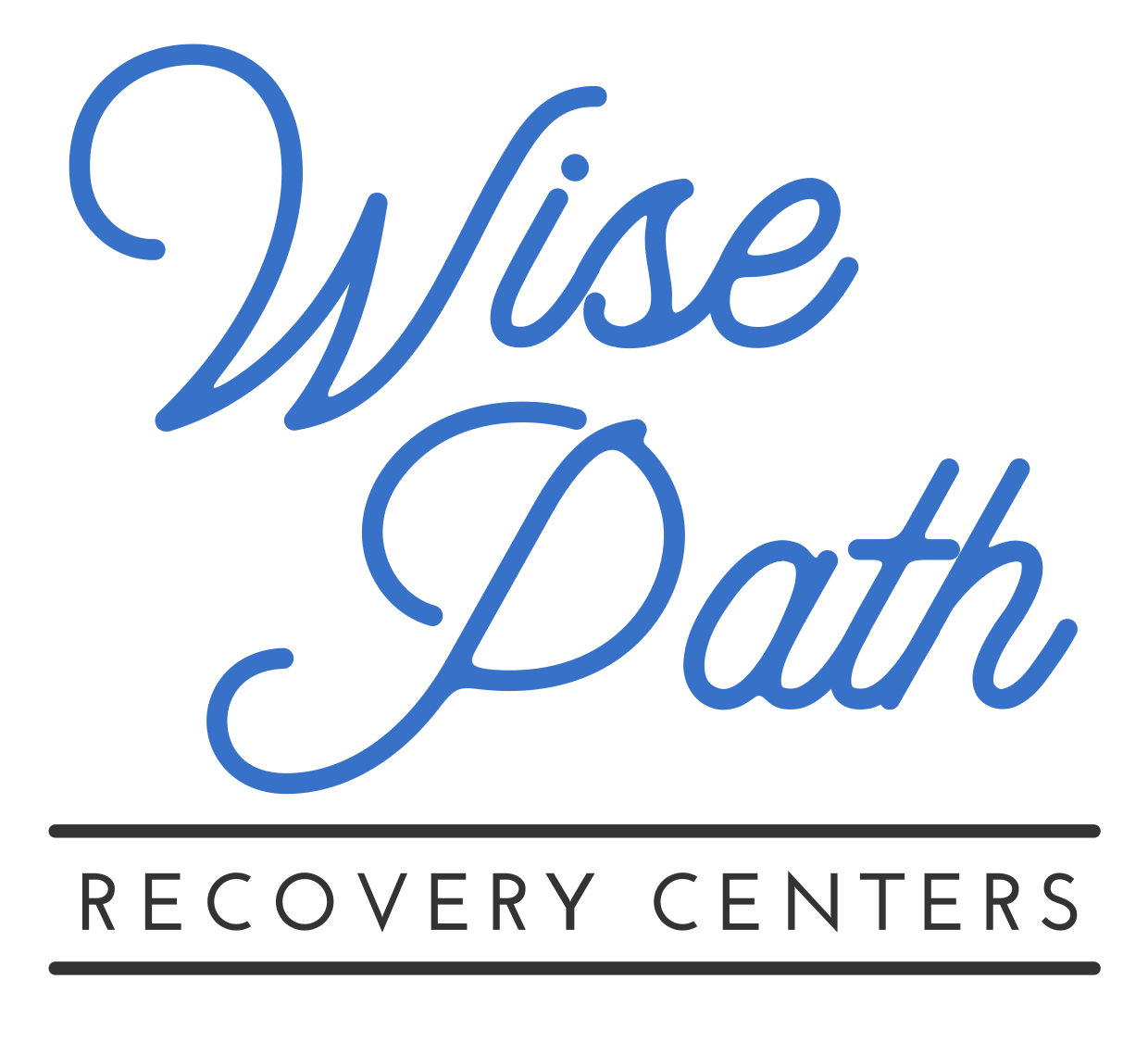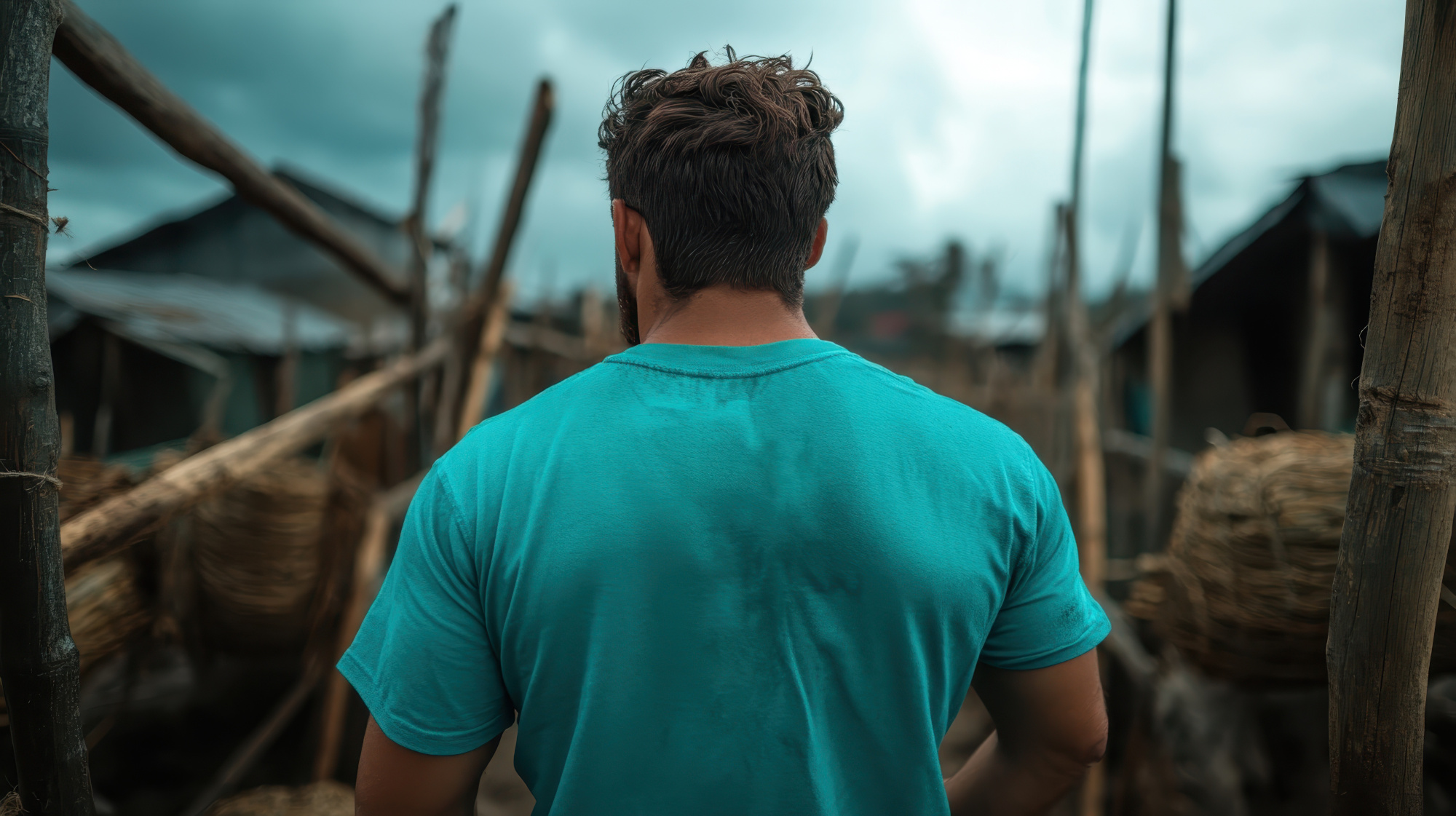Alcohol use does not look the same for everyone, especially for people living in rural areas. While help is available, many individuals wait months or even years before seeking it. This delay is not about weakness or denial. It often reflects real challenges that stand in the way of getting support.
Understanding the realities of alcoholism in rural areas can help us build more compassionate solutions and reach people who need care the most.
Barriers That Make Help Harder to Reach
One of the most common reasons people delay treatment is lack of access. In rural communities, the nearest rehab center might be hours away. For someone working long shifts, caring for family, or managing a farm, regular travel for care may feel impossible.
Even when services are technically available, they might not offer the kind of care that feels personal or specific to alcoholism in rural areas. That makes starting treatment even harder.
How Alcoholism in Rural Areas Can Stay Hidden
In close-knit towns, privacy is limited. Some people worry they will be recognized at a clinic or talked about in the community. This fear of judgment can lead them to hide their drinking and avoid getting help.
Cultural norms may also play a role. Drinking may be seen as a way to relax or connect, especially in areas where fewer activities are available. Because of this, alcoholism in rural areas can quietly grow worse without drawing attention.

Why Stigma Still Holds People Back
Stigma is powerful. The idea of admitting a problem or asking for help may feel like failure in places where independence and strength are deeply valued. This makes it hard for people to speak up, even when they are struggling.
It is important to remember that seeking help is not a weakness. Alcohol use disorder is a medical condition, and healing from it requires support, not shame.
The Role of Medication Assisted Treatment
Not everyone can leave home to get treatment. That is where medication-assisted treatment in West Virginia can offer a lifeline. This approach combines medication with therapy and support to reduce cravings, improve stability, and build a strong foundation for recovery.
It offers a more private and manageable way to begin healing, especially for those balancing work, family, and rural responsibilities.
Drug & Alcohol Rehab and
Addiction Treatment in West Virginia
Get in touch with our recovery center today at 866-860-9772
A Flexible Approach Through Outpatient Services
When inpatient rehab is not an option, outpatient services can meet people where they are. These programs allow individuals to stay at home while attending therapy and counseling throughout the week.
This flexibility is often what makes recovery possible for people facing the unique challenges of rural life. They do not have to choose between getting help and maintaining their daily responsibilities.
Why Alcoholism in Rural Areas Deserves Unique Support
Recovery should reflect the real lives people live. When it comes to alcoholism in rural areas, that means building systems of care that respect the realities of geography, culture, and privacy. It is not just about making help available. It is about making help feel possible.
Mobile care, telehealth services, and supportive communities can all play a role in bringing recovery closer to home.
Drug & Alcohol Rehab and
Addiction Treatment in West Virginia
Get in touch with our recovery center today at 866-860-9772
Real Help for Alcoholism in Rural Areas
At Wise Path Recovery Centers, we understand that treatment should never feel out of reach. Whether you need privacy, flexibility, or compassionate care that understands your lifestyle, we are here to help.
Healing does not have to mean leaving your life behind. It starts with one step—and we are ready to walk it with you.
FAQs About Alcoholism in Rural Areas
Why is alcoholism in rural areas often overlooked?
In smaller communities, alcohol use can be normalized. People may not realize when use has become harmful, or they may hide it due to stigma and lack of privacy.
Are there effective options for people who cannot travel far for care?
Yes. Outpatient programs, telehealth therapy, and medication-assisted treatment can support recovery while allowing people to stay close to home.
How can I help someone who does not want to go to treatment?
Start with understanding. Open a conversation without pressure and offer support that respects their situation and fears.
Is recovery realistic for people with limited access to care?
Absolutely. Recovery might take a different shape, but it is still possible with flexible programs and supportive providers.
What can communities do to support people with alcoholism in rural areas?
Invest in local mental health education, increase access to services through technology, and create spaces where people feel safe asking for help.

